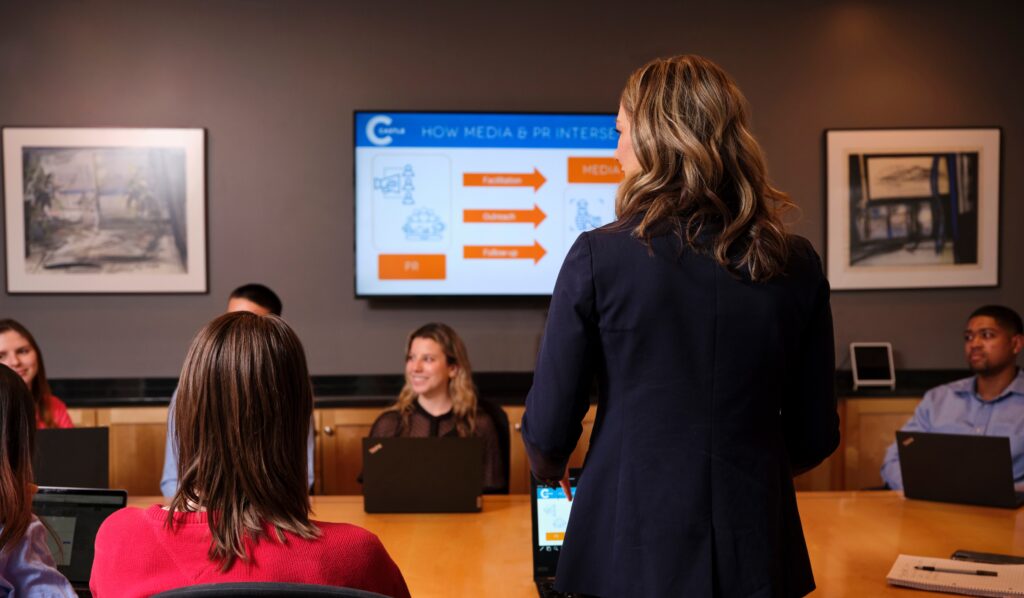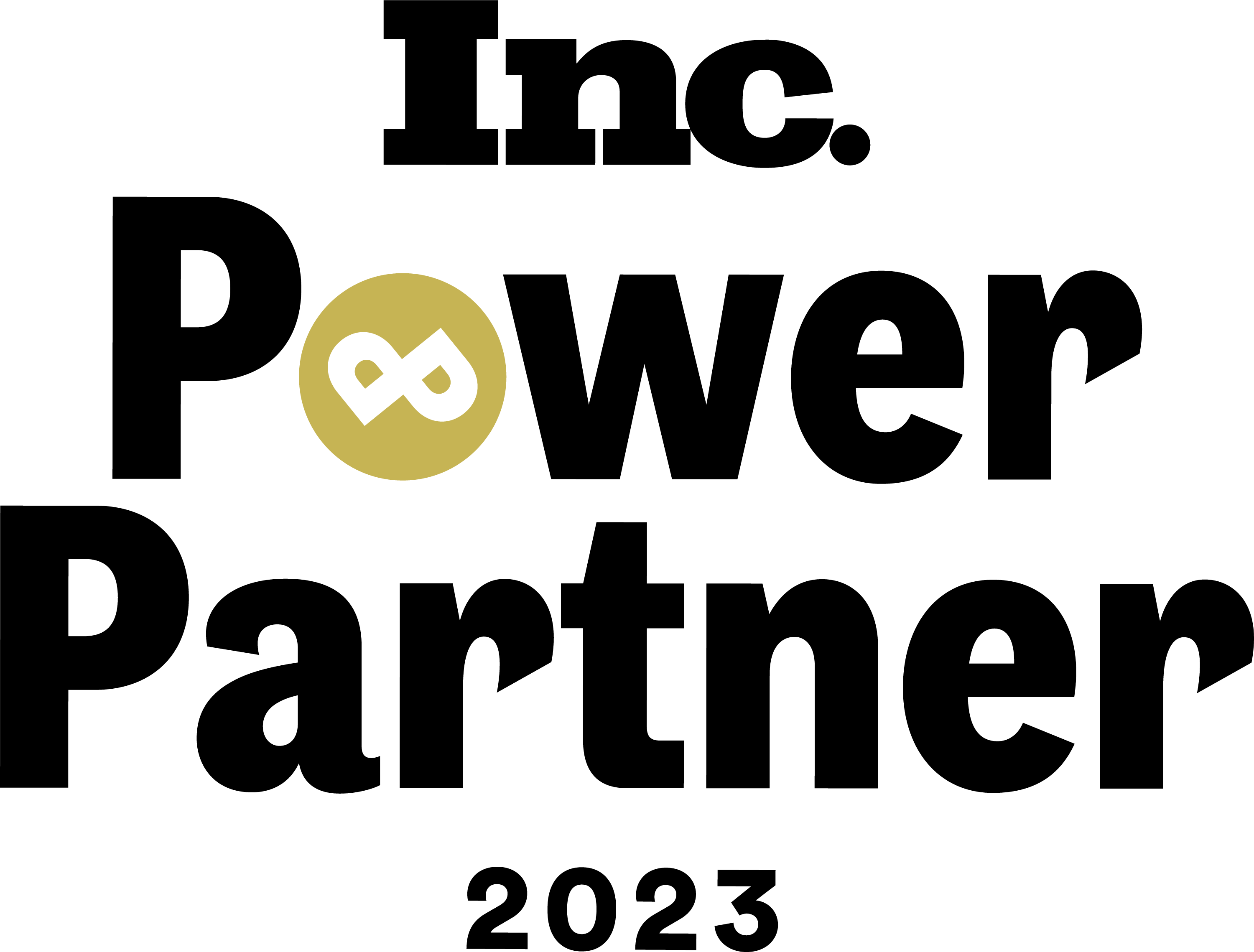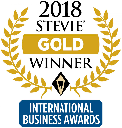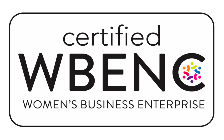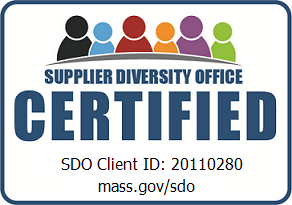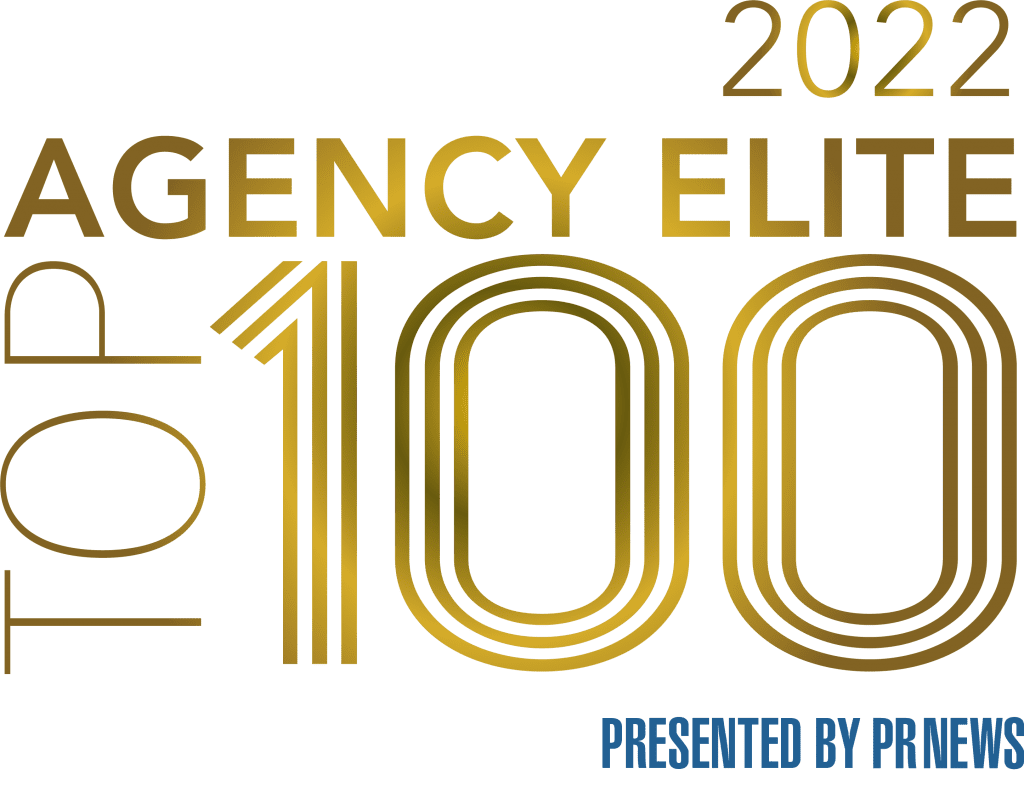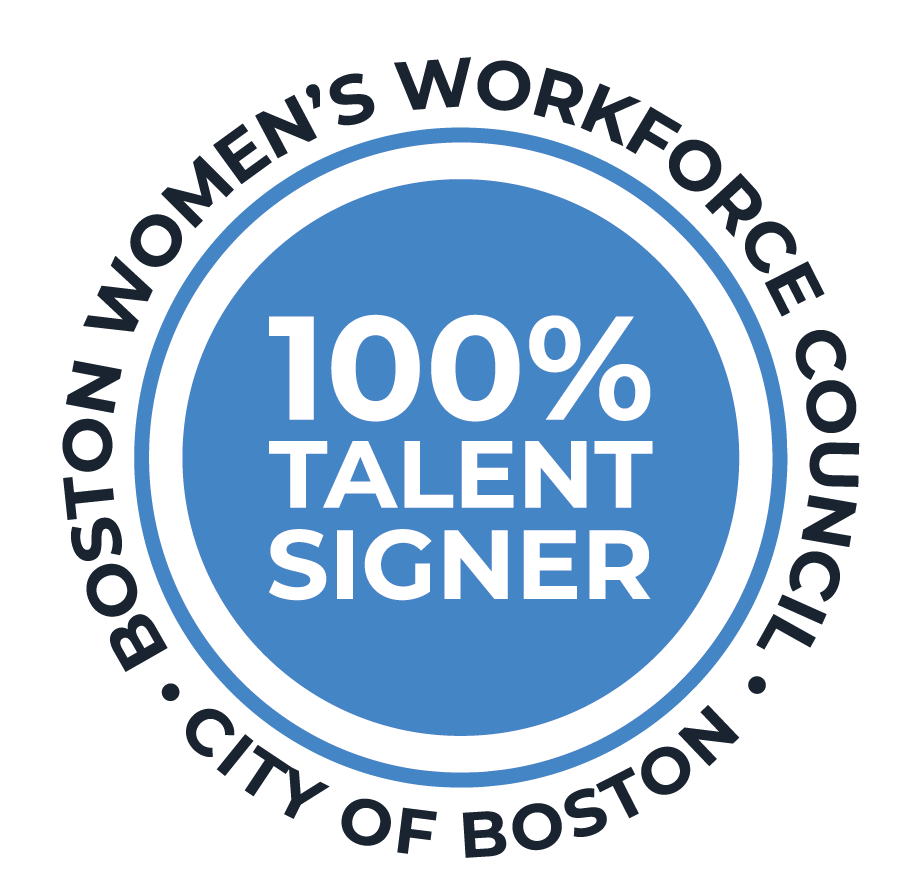Over the past year, we’ve been leading a number of media training sessions. One client in particular has convened groups of its regional executives for “media training 101,” followed by individual videotaped instruction, mock interviews and playback/critique.
Taking this regional road show across the country (from Boston to Baltimore to Fargo…next stop, Dallas!) has reinforced two facts: 1) almost nobody thinks they need media training (many of our “trainees” at first appeared to have attended under duress), and 2) after being trained, without exception, even the disbelievers admit they found it extremely helpful.
Here’s why:
- We rarely have time to think about what we’d say in a pressurized situation. Few verbal encounters are more stressful than a live media interview. By role playing that on-the-spot scenario, our executives learned how to control their nerves, their content and ultimately the outcome of the conversation.
- Some of the most obvious questions can be the most difficult to answer. In the course of one day, we asked eight people to “tell me about your company,” and the responses were vastly different. Not wrong, just different. This helps our communications contact understand what sort of messaging content they need to be armed with, to ensure that all key messages are front and center. Even questions like, “what do you do?” can be challenging, if one is not thinking about the content from the context of the interviewer’s audience and the company’s messages.
- Media training is preparation for many different scenarios, many of which go beyond the media. For examples, our front-line execs in this case are often at town meetings, interacting with local government and neighbors. How they respond and what they convey in those settings is massively important.
- We can uncover “hidden gems” during our mock interviews. As a by-product of the interview sessions, we’ve unearthed interesting story angles that we’ve been able to leverage through traditional and social media, internal communications and external speaking and award opportunities.
- Finally, the presentation skills that are part of our media training program are transferable to nearly every type of human interaction. Getting to the point quickly, speaking assertively, making eye contact, considering the listener’s point of view, remembering your agenda, and displaying appropriate facial expressions and body language boost every encounter from the potentially mundane to the impactful.
- Most people don’t like to see themselves on camera, but they do instantly recognize when there’s an improvement. It’s a delicate balance between polished and genuine that strikes a chord and sends the messages home.






